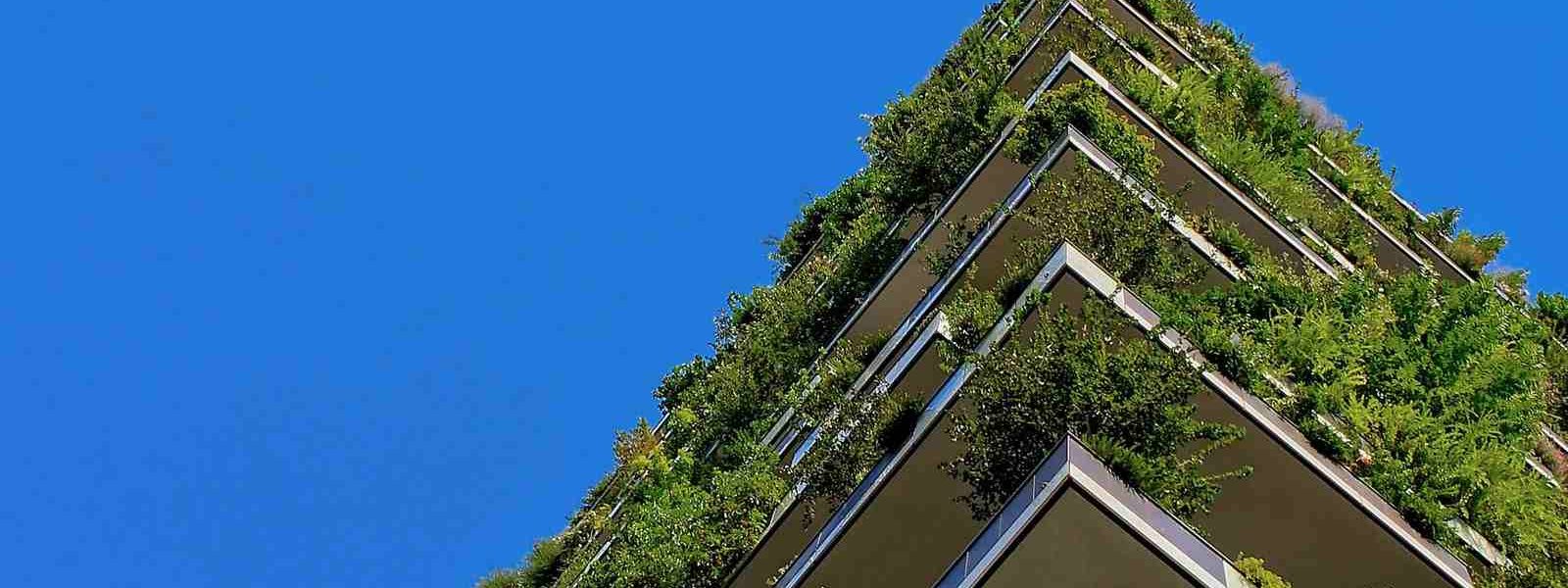In my opinion, the question could be reformulated in a different way: What is the ethic or ethics that could, and ultimately, should be applied to development? Answering this question would be precisely its sustainability the first answer.
Sustainability, both environmental and social and economic, is undoubtedly the highest ethical value applicable to development, let’s see why.
In the first place, it seems necessary as an introduction to define what we understand by ethics. There are thousands of definitions and uses of this word of Greek origin throughout the centuries, but my preferred definition – and I think the most complete and applicable to address the question at hand – is Spinoza: Ethics, or moral philosophy, is the branch of philosophy that studies human behavior, right and wrong, good and bad, morality, good living, virtue, happiness and duty.
Taking this definition as a starting point, and especially the concepts of right and wrong, good and bad, good living, virtue, happiness and duty, we have an invaluable guide to determine what should be the characteristics that We must implement development so that it is ethical, and the first thing that common sense and intuition dictate to us is again, and precisely, sustainability.
It is also necessary to make another preliminary consideration, ethics is not an imperative dictated by some entity external to the human being that obliges us to its strict observance, but rather it is a tool emanated from common sense and the intuition of the human being himself for his own benefit material and spiritual.
With the above introduction, we are now in a position to address the main question at hand.
Is sustainability in development ethical in nature? The answer is a resounding yes.
Let’s look at the definition of Spinoza at home with the characteristics and effects of sustainability in development.
Earlier we alluded to three types of sustainability, namely environmental, social and economic.
Environmental: No one is aware that an environmentally sustainable development is compatible with the ethics of the protection of nature, and all the species it encompasses, which is obviously correct, it is also good, due to its consequences, and brings us happiness for offer us the enjoyment of nature itself.
Social: What could we consider sustainable development from a social point of view? What would be the social benefits of sustainable development? Responding to the first question, it could be said that a socially sustainable development is one whose benefit extends more in the most equitable way possible to all layers of society, respecting and protecting natural environments, as well as the cultural and artistic heritage, etc. In short, ethical development must favor the whole of society as a whole; it can never go against the interests of society or a part of it.
Economic: In this chapter we can also observe the benefits of ethics applied to economically sustainable development, since only good and efficient management of resources can guarantee future development. The good living of future generations will be the result of a wise administration of development and the resources it requires, avoiding that an excessive exploitation of them in the short term mortgages the well-being of our children and grandchildren. Deregulated capitalism and the “free market” can be monsters that devour themselves.
